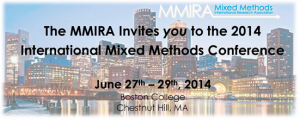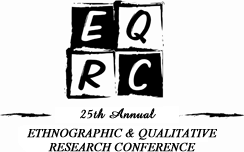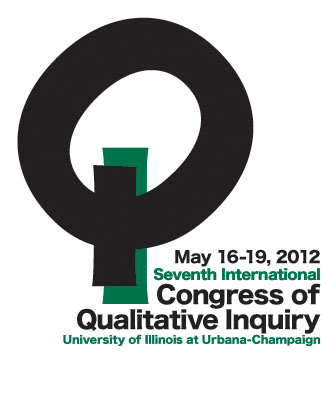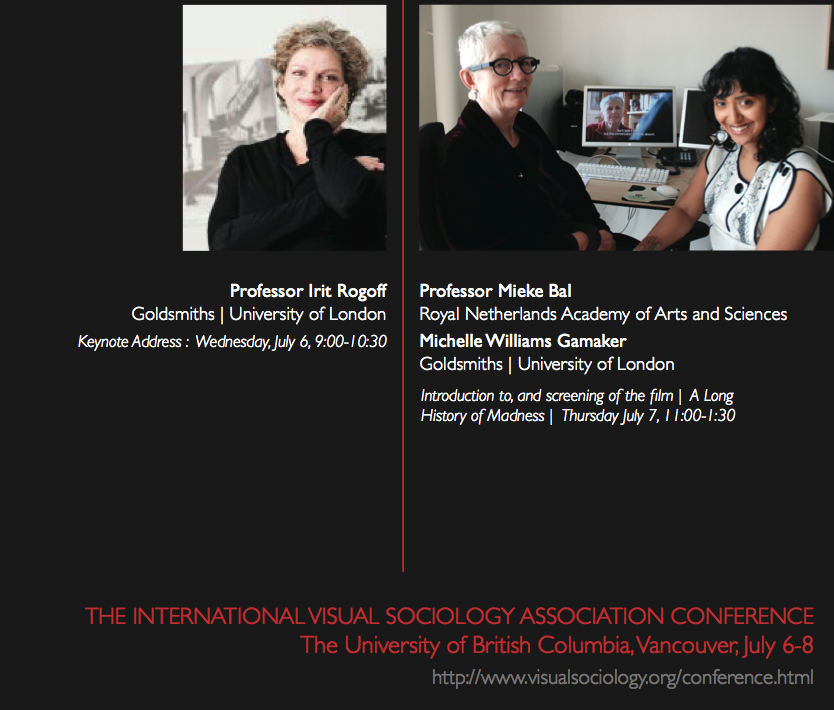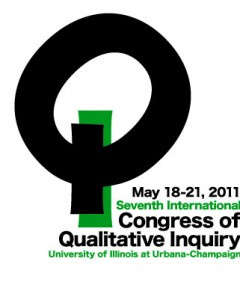SUMMER INSTITUTE IN QUALITATIVE RESEARCH
PUTTING THEORY TO WORK
Monday 19 – Friday 23 July 2010
Education and Social Research Institute, Manchester Metropolitan
University, UK
The MMU Summer Institute in Qualitative Research will provide the
opportunity to learn about current trends in theory and methodology, in
dialogue with leading theorists.
– What are the current trends and future directions?
– How does theory engage with policy and practice?
– How can I put theory to work in my own research?
– How does theory influence methods, ethics, identity?
Summer Institute Director: Maggie MacLure, MMU
PLENARY KEYNOTE SPEAKERS
Patti Lather, Ohio State University. ‘The State of Qualitative Inquiry:
Methodology 2.1’
Stephen Ball, Institute of Education, London. ‘Challenges of Policy
Analysis in Hard Times’
Neil Mercer, University of Cambridge. ‘Sociocultural Theory’
Nick Lee, Warwick University. ‘Researching Childhood, Growth and Change:
Bio-politics, Affect and Attractors’
Maggie MacLure, MMU. ‘Provocation: The Productive Offence of Theory’
Bridget Somekh, MMU. ‘Action Research’
Erica Burman, MMU. ‘Feminisms and Childhoods’
Lorna Roberts, MMU. ‘Critical Race Theory’
Ian Parker, MMU. ‘Psychoanalytic Theory’
Rachel Holmes, Liz Jones, Maggie MacLure, Christina MacRae, MMU.
‘Encounters with Art Theory’
PUTTING THEORY TO WORK
Mini-sessions on: Butler – Derrida – Irigaray – Lacan – Foucault –
Bourdieu – Deleuze (and others)
The Summer Institute will be of interest to qualitative researchers who
are looking for serious and stimulating engagements with theory. It will
be of particular interest to doctoral students and beginning researchers
in education, social sciences, and the health and caring professions.
THE EDUCATION AND SOCIAL RESEARCH INSTITUTE AT MMU is a leading centre
for applied social and educational research, with a world-class
reputation for the development of theory and methodology. It is one of
the top ten UK education research establishments, according to the
latest Research Assessment Exercise. Find out more about ESRI online at
www.esri.mmu.ac.uk
—————————
Standard delegate fee: £195 (including all lunches, teas & coffees, plus
wine reception).
For further details, contact the Summer Institute Administration:
SIQR@mmu.ac.uk
 Follow
Follow

